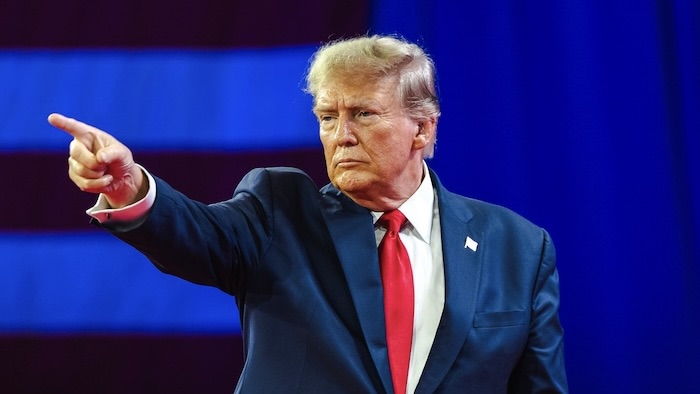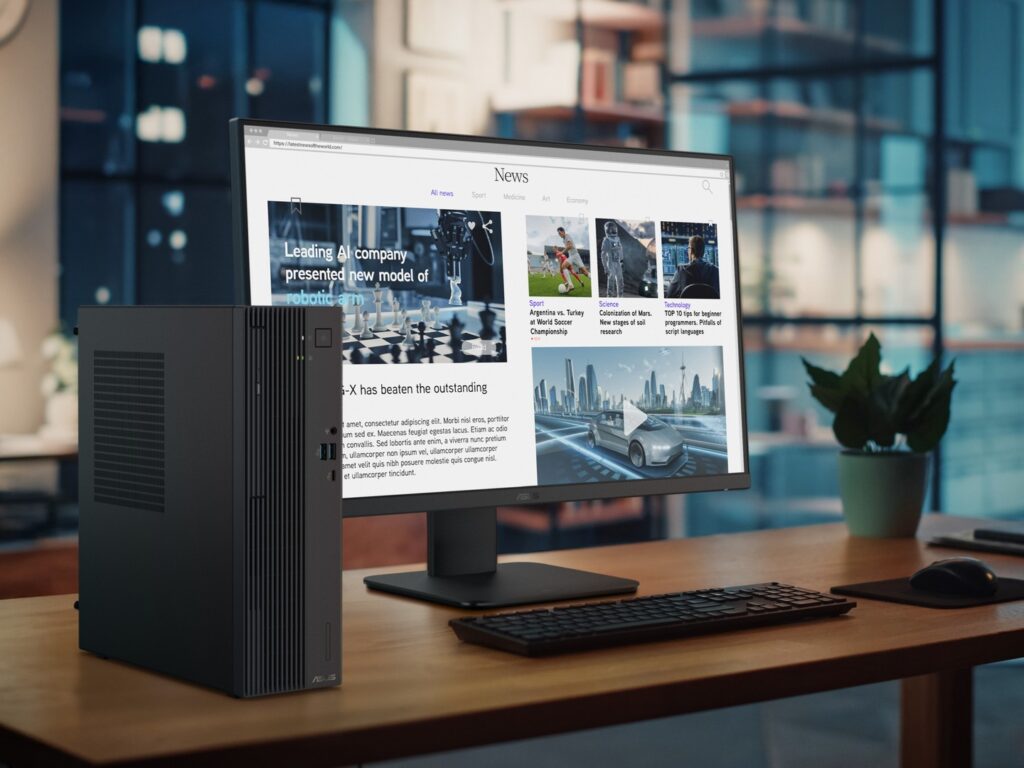Can Perplexity AI Solve TikTok’s U.S. Crisis? A New Deal on the Table
In a move to address ongoing security concerns surrounding TikTok’s U.S. operations, artificial intelligence startup Perplexity AI has submitted a revised proposal to ByteDance, TikTok’s parent company. The proposal suggests creating a new entity that merges TikTok’s U.S. business with Perplexity AI, granting the U.S. government up to a 50% ownership stake in the new structure. This marks a significant shift in strategies to mitigate national security risks while preserving TikTok’s U.S. presence.
The Revised Plan: A Game-Changer?
According to a source familiar with the matter, the new proposal—submitted last week—builds on a previous plan introduced on January 18, just before the TikTok ban went into effect. Unlike the initial proposal, which ByteDance has yet to address, the revised plan incorporates feedback from the Trump administration.
The key highlights of the proposal include:
- The U.S. government owns up to 50% of the new entity after a public offering valued at USD300 billion or more.
- Government-held shares would lack voting power, and the U.S. would not gain a seat on the company’s board.
- ByteDance would retain a connection to TikTok through equity while relinquishing control over its proprietary algorithm.
- A “full U.S. board control” requirement, ensuring governance independence from ByteDance.
If accepted, the proposal aims to strike a balance by safeguarding U.S. interests while avoiding a complete severance between ByteDance and TikTok.
Addressing Security Risks Without Sacrificing Value
Central to the proposal is ByteDance’s exclusion of TikTok’s algorithm, the core engine behind its addictive content recommendations. This move aligns with concerns voiced by U.S. lawmakers and officials, who have long argued that the algorithm’s ties to China pose a national security risk. However, no public evidence has been provided to support claims of data misuse or algorithmic manipulation by Chinese authorities.
By removing the algorithm from ByteDance’s control, Perplexity aims to satisfy bipartisan demands for a technological “decoupling” from China while preserving the app’s value for investors and its massive U.S. user base.
Political Backdrop: A Shifting Landscape
The proposal emerges amidst a dynamic political environment. Former President Donald Trump, who unsuccessfully attempted to ban TikTok during his first term, has since softened his stance, crediting the platform with bolstering his appeal among young voters. Current negotiations reflect a broader effort to reconcile security concerns with economic and political realities.
The Trump administration’s earlier efforts to enforce TikTok’s ban, upheld by the Supreme Court but delayed through executive orders, culminated in bipartisan legislation mandating TikTok’s U.S. divestment. ByteDance narrowly avoided enforcement through last-minute legal manoeuvres and ongoing discussions with potential investors.
Investor Interest Growing
The proposal also highlights growing interest in TikTok from U.S.-based investors. Reports indicate that Oracle and other outside investors have explored taking over TikTok’s global operations. Former Treasury Secretary Steven Mnuchin recently endorsed a strategy involving dilution of Chinese ownership, a sentiment echoed in Perplexity’s plan.
President Trump expressed optimism about reaching a deal within 30 days, stating, “The United States will be a big beneficiary.” Trump’s remarks underscore the high stakes involved in ensuring any agreement aligns with U.S. interests.
TikTok’s Role in the New Administration
TikTok’s evolving relationship with U.S. leaders took another turn when TikTok CEO Shou Chew attended Trump’s inauguration earlier this month, signalling a potential shift in the app’s standing with the government. While the Biden administration had previously championed a hardline approach, the new proposal offers an opportunity to reframe the debate and potentially bring closure to years of regulatory uncertainty.
What’s Next?
As ByteDance reviews the proposal, questions remain about the viability of the plan and its acceptance by both U.S. regulators and ByteDance stakeholders. The fate of TikTok’s U.S. operations now hinges on whether this proposal can successfully balance national security, investor interests, and political priorities.
For now, the clock is ticking—both on negotiations and TikTok’s continued presence in the U.S. market.





